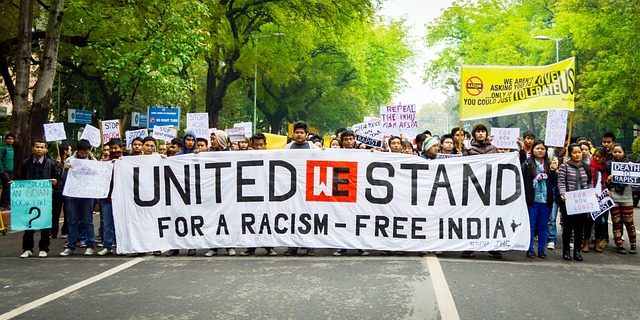
Political Funding in South Africa
Understanding Political Funding in South Africa
Political funding is a crucial aspect of any democracy, and South Africa is no exception. With a diverse political landscape, the funding of political parties plays a significant role in shaping the country's governance and electoral processes. The Political Party Funding Act, enacted in 2018, aims to promote transparency and accountability in the funding of political parties. This article explores the current state of political funding in South Africa, highlighting key developments and the importance of public participation.
The Political Party Funding Act
Implemented to enhance the integrity of South Africa's multi-party democracy, the Political Party Funding Act requires all registered political parties to disclose their funding sources. This includes both public funding from the government and private donations. The act is designed to ensure that parties operate transparently and that the electorate is informed about who is financing their political choices.
Recent Developments
In a recent ruling by the Electoral Court on May 10, 2024, a significant judgement was made regarding political parties that failed to comply with the Party Funding Act. The court addressed the case of the Electoral Commission of South Africa v African Independent Congress and Others, which involved 496 registered political parties that did not adequately account for their income as mandated by the act. This ruling underscores the importance of compliance and the need for parties to adhere to the regulations set forth in the law.
Encouraging Contributions
The Electoral Commission has been proactive in encouraging both corporate entities and individuals to contribute to the strengthening of South Africa's democracy. Recently, a record number of thirteen political parties declared private donations, showcasing a growing trend towards transparency in political funding. For instance, the Able Leadership party reported a donation of R360,000. Such contributions are vital for the operational sustainability of political parties and can influence their ability to engage with voters effectively.
The Role of Public Participation
Public participation is essential in the realm of political funding. The Electoral Commission has called upon citizens and businesses to support political parties that align with their values and interests. By contributing to political parties, individuals can play an active role in shaping the political landscape. This not only enhances the democratic process but also encourages parties to be more accountable to their supporters.
Challenges and Opportunities
While the Political Party Funding Act has made strides towards transparency, challenges remain. Some parties still struggle with compliance, and the recent court ruling highlights the need for ongoing education and support for these entities. However, the increasing number of declarations suggests that many parties are recognizing the benefits of transparency and accountability.
Conclusion
Political funding in South Africa is evolving, with the Political Party Funding Act serving as a cornerstone for transparency and accountability. The recent developments indicate a positive trend towards greater compliance among political parties. As citizens become more engaged in the funding process, the strength of South Africa's multi-party democracy will undoubtedly continue to grow. 🌍

















 Explore the Great Outdoors with Recreation.gov
Explore the Great Outdoors with Recreation.gov 
 Health
Health  Fitness
Fitness  Lifestyle
Lifestyle  Tech
Tech  Travel
Travel  Food
Food  Education
Education  Parenting
Parenting  Career & Work
Career & Work  Hobbies
Hobbies  Wellness
Wellness  Beauty
Beauty  Cars
Cars  Art
Art  Science
Science  Culture
Culture  Books
Books  Music
Music  Movies
Movies  Gaming
Gaming  Sports
Sports  Nature
Nature  Home & Garden
Home & Garden  Business & Finance
Business & Finance  Relationships
Relationships  Pets
Pets  Shopping
Shopping  Mindset & Inspiration
Mindset & Inspiration  Environment
Environment  Gadgets
Gadgets  Politics
Politics 